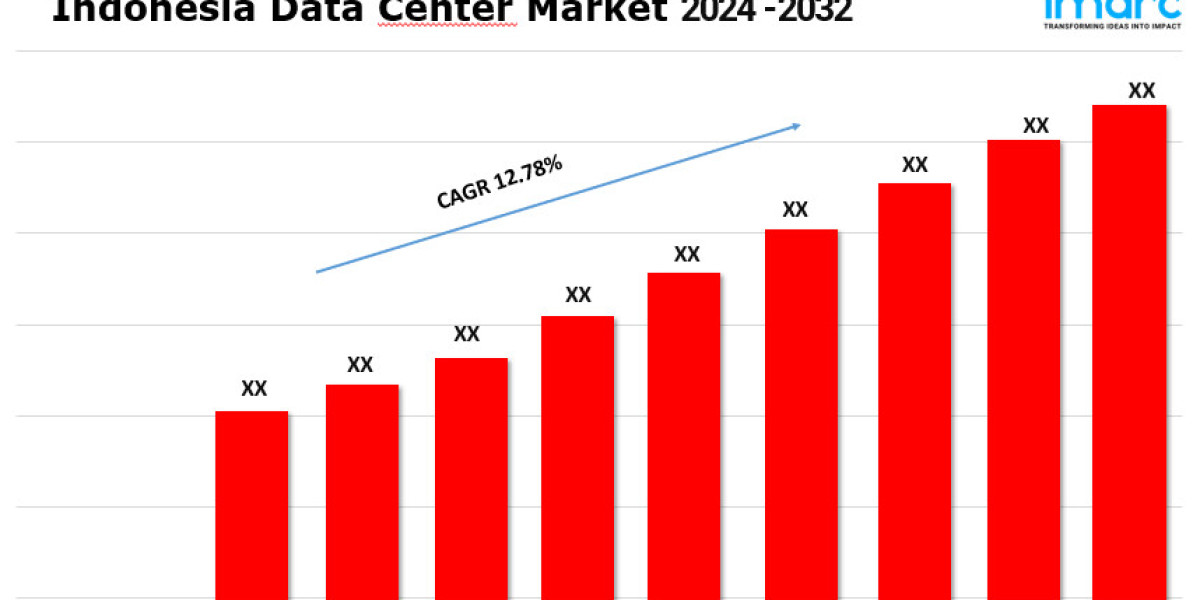Credit cards offer the convenience of instant purchasing power, but they can also lead to financial strain when mismanaged. For those overwhelmed by mounting credit card debt, finding a viable solution becomes imperative. One such option is credit card settlement. However, understanding this process, its benefits, and potential pitfalls is essential before making any decisions.
Understanding Credit Card Settlement
Credit card settlement is a negotiation process where a debtor and a credit card company agree on a reduced payoff amount that is considered as full payment. This option is generally pursued when a borrower can no longer keep up with their monthly payments and risks defaulting entirely. The idea is to offer the creditor a lump sum payment that is less than what is owed but more than what they might recover if the borrower were to declare bankruptcy.
This settlement is typically facilitated through a debt settlement company or directly between the debtor and the creditor. While it can provide immediate relief by reducing the total debt, it’s not without its consequences.
The Process of Credit Card Settlement
The process of settling credit card debt begins with the debtor acknowledging their inability to pay off their debt in full. Once this reality is accepted, the debtor can initiate negotiations with the creditor. Here’s how the process generally unfolds:
- Assessment of Financial Situation: The debtor must evaluate their finances to determine how much they can realistically offer. This figure should be a reasonable amount that they can pay immediately, as most creditors prefer a lump sum payment.
- Negotiation: The debtor or a debt settlement company will approach the creditor with the proposed settlement offer. Creditors are more likely to agree if they believe that the debtor is genuinely unable to pay the full amount and is considering other drastic measures like bankruptcy.
- Agreement and Payment: If the creditor accepts the offer, a written agreement is drawn up, detailing the settlement terms. Once the debtor makes the agreed-upon payment, the debt is considered settled, and the creditor updates the account status to reflect this settlement.
Benefits of Opting for Credit Card Settlement
- Debt Reduction: The most significant advantage of credit card settlement is the reduction in the total amount of debt. For someone deeply in debt, this can provide substantial relief and a quicker path to financial recovery.
- Avoiding Bankruptcy: Settling a debt can prevent the need for bankruptcy, which has far-reaching and long-lasting effects on one’s credit report and financial future.
- Stress Relief: Knowing that the debt has been resolved can relieve considerable stress and anxiety, allowing the debtor to focus on rebuilding their financial health.
Potential Drawbacks to Consider
While the benefits of credit card settlement are clear, it’s crucial to weigh them against the possible downsides:
- Credit Score Impact: Settling a debt for less than what is owed can negatively impact the debtor’s credit score. Although the debt is marked as settled, it is not marked as fully paid, which can lower the credit score and remain on the credit report for several years.
- Tax Implications: The forgiven debt amount may be considered taxable income by the IRS. This means that the debtor might have to pay taxes on the amount of debt that was forgiven, leading to an unexpected tax bill.
- Fees and Costs: If a debt settlement company is involved, they will charge fees for their services. These fees can be significant, cutting into the savings from the settlement and adding to the debtor’s financial burden.
- No Guarantees: Creditors are not obligated to accept a settlement offer. Even after negotiations, there is no guarantee that the creditor will agree to the proposed terms.
Is Credit Card Settlement the Right Choice?
Choosing whether to pursue credit card settlement depends on various factors, including the amount of debt, the debtor’s current financial situation, and their long-term financial goals. For some, it offers a lifeline, helping them avoid the harsh consequences of bankruptcy and providing a way out of overwhelming debt. For others, the potential damage to their credit score and the possibility of owing taxes on forgiven debt may outweigh the benefits.
It’s advisable to seek professional financial advice before making a decision. A credit counselor or financial advisor can help assess whether settling your debt is the best option, or if there are alternative strategies that might be more suitable.
Conclusion
Credit card debt can be daunting, but options like credit card settlement provide a potential solution for those struggling to keep up with payments. By understanding the process, evaluating the benefits and drawbacks, and considering personal financial circumstances, individuals can make informed decisions that pave the way toward financial recovery. As with any significant financial decision, careful consideration and professional guidance are key to ensuring the best outcome.



